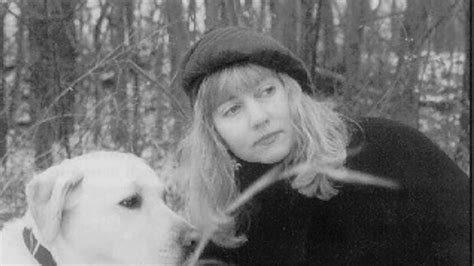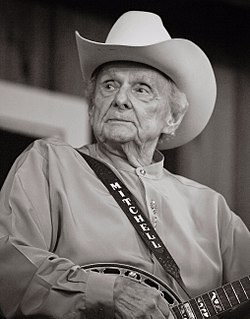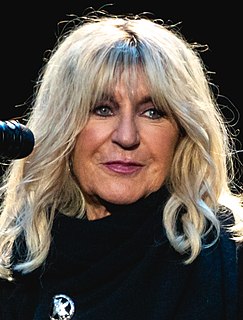A Quote by Gabrielle Hamilton
The reader reads aloud, with a sing-song up … then down … then down again cadence. My mood shifts from merely reluctant to derisive. It’s a tired reading style. I’m sick of it. It attaches more importance to the words than the words themselves—as they’ve been arranged—could possibly sustain, and it gives poets and poetry a bad name.
Related Quotes
With a 660-page book, you don't read every sentence aloud. I am terrified for the poor guy doing the audio book. But I do because I think we hear them aloud even if it's not an audio book. The other goofy thing I do is I examine the shape of the words but not the words themselves. Then I ask myself, "Does it look like what it is?" If it's a sequence where I want to grab the reader and not let the reader go then it needs to look dense. But at times I want the reader to focus on a certain word or a certain image and pause there.
I'd spent five hours that morning trying to write a song that was meaningful and good, and I finally gave up and lay down. Then, "Nowhere Man" came, words and music, the whole damn thing, as I lay down...Song writing is about getting the demon out of me. It's like being possessed. You try to go to sleep, but the song won't let you. So you have to get up and make it into something, and then you're allowed sleep.
A lot of people think they can write poetry, and many do, because they can figure out how to line up the words or make certain sounds rhyme or just imitate the other poets they've read. But this boy, he's the real poet, because when he tries to put on paper what he's seen with his heart, he will believe deep down that there are no good words for it, no words can do it, and at that moment he will have begun to write poetry.
It has often been said there’s so much to be read, you never can cram all those words in your head. So the writer who breeds more words than he needs is making a chore for the reader who reads. That's why my belief is the briefer the brief is, the greater the sigh of the reader's relief is. And that's why your books have such power and strength. You publish with shorth! (Shorth is better than length.)
There are so many who know more than I do, who understand the world better than I do. I would be truly learned, a great scholar, if only I could retain everything I've learned from those I have known. But then would I still be me? And isn't all that only words? Words grow old, too; they change their meaning and their usage. They get sick just as we do; they die of their wounds and then they are relegated to the dust of dictionaries. And where am I in all this?
When you're down, when you've been kicked down in the street and then kicked a few more times until you're bleeding and your teeth are out, then you only have up to go. You get reborn again, and expectations aren't so great because they've taken you away. It's beautiful to be down there. It's so beautiful!
There's no difference between lyrics and poetry. Words are words. The only difference is the people who are in academic positions and call themselves poets and have an academic stance. They've got something to lose if they say it's all poetry; if there's not music to it, and you have to wear a certain kind of checkered shirt or something like that. It's all the same. Lyrics are lyrics, poetry is poetry, lyrics are poetry, and poetry is lyrics. They are interchangeable to me.
Poets seem to write more easily about love than prose writers. For a start, they own that flexible ‘I’…. Then again, poets seem able to turn bad love – selfish, shitty love – into good love poetry. Prose writers lack this power of admirable, dishonest transformation. We can only turn bad love into prose about bad love. So we are envious (and slightly distrustful) when poets talk to us of love.








































